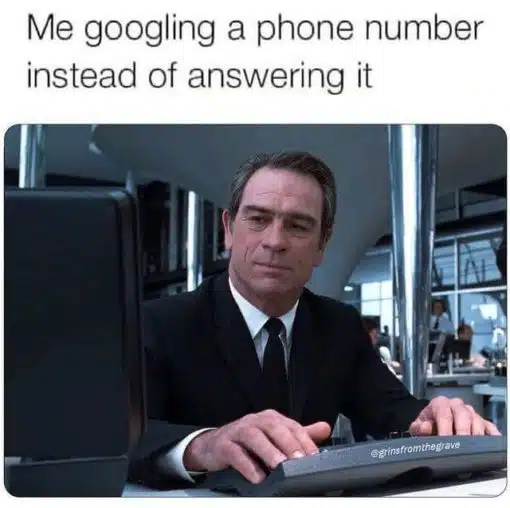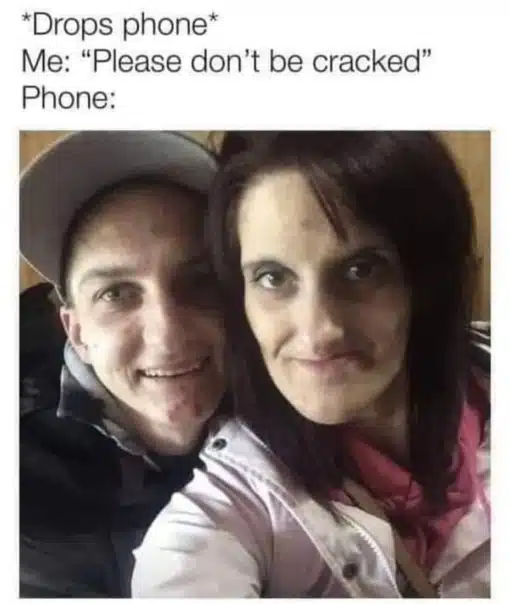Top 50 Phone Memes
RANKING FOR BEST Phone Meme
Welcome to “Phone Memes Ranked” – your ultimate destination for laughter, creativity, and, of course, phones, all wrapped up in the delightful form of memes! Here at topyoular.com, I’m proud to showcase what happens when the world of telecommunication humor collides with the internet’s meme culture. As this page speaking, let me take you on a hilarious journey through our meticulously curated list of the top 50 phone memes, as chosen and voted on by you, our beloved audience.
I’m not just any webpage; I am the definitive ranking arena for all things “Phone Meme”. From the classic struggles of a dying battery to autocorrect fails that have us in stitches, my purpose is to catalog the internet’s very best takes on our digital companions. Each meme has fought for its spot in this prestigious list, climbing the ranks based on votes from real people who can’t help but appreciate a good chuckle over our smartphone-centric lives.
The memes showcased here are more than just images or fleeting internet jokes; they are a reflection of our times, capturing the essence of our shared experiences with our phones in the most lighthearted way possible. From the latest trends in phone culture to nostalgic nods to technology of the past, each entry has earned its place by resonating with viewers like you.
Navigating through the page, you’ll notice that the ranking is dynamic – a live reflection of what the community deems the funniest or most relatable at any given time. Your votes play a crucial role in determining the fate of each meme. Don’t see your favorite meme in the top position? Rally the troops, cast your votes, and watch as the ranks shift right before your eyes.
“Phone Memes Ranked” is more than just a page on topyoular.com; it’s a vibrant community of phone enthusiasts and meme lovers converging in one spot. Here, we celebrate the quirks of modern-day telecommunication, one meme at a time. Whether you’re here to find a quick laugh, contribute to the rankings, or just to see what the internet has to say about our phone-obsessed culture, you’ve come to the right place. Welcome, enjoy your stay, and let the memes begin!
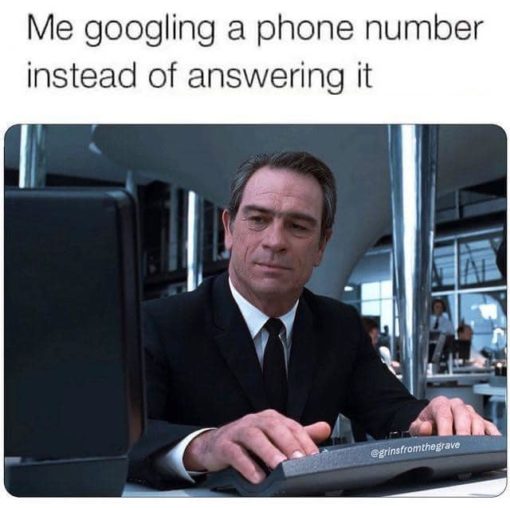
The image presented here is a still from a film showing a man in a black suit sitting in front of a computer in what appears to be an office environment. The man's expression is serious and focused, his hands are on the keyboard, and he seems to be in the process of either typing or navigating something on his computer.
Overlaying this still, there is a caption that reads "Me googling a phone number instead of answering it." The text is white and is positioned at the top of the image, in a straightforward font that contrasts with the professional and serious tone of the image itself.
The humor in this image derives from the juxtaposition of the text with the serious expression of the man. The image suggests a high-stakes or serious work scenario, yet the caption indicates that the man is engaging in a behavior that many might consider unprofessional or a modern-day avoidance tactic, which is humorous in the context of the serious setting.
The act of googling a phone number instead of directly answering a call is a relatable moment for many people in the digital age. It reflects a common hesitation or anxiety about receiving calls from unknown numbers, leading to the behavior of checking the number online before deciding whether or not to engage. The relatability of wanting to verify a caller's identity before picking up adds to the humor.
What adds an extra layer of comedy is the stark contrast between what the image insinuates — a man attending to important business — and the trivial and somewhat procrastinatory act of 'googling a phone number' that many people secretly practice. The office setting and the man's demeanor would suggest he is too busy with important tasks to take unscheduled calls.
Lastly, the humor also plays on the universal human experience of coping with technology and communication in the modern world. It highlights a paradox where people have constant access to communication tools, yet they often go to great lengths to avoid actual real-time communication, choosing instead to gather information passively. This points to a wider commentary on how human interactions have changed with the rise of the internet and smartphones, bringing out a smile or laugh in those who see their own habits reflected in the image. Me googling a phone number instead of answering it grinsfromthegrave
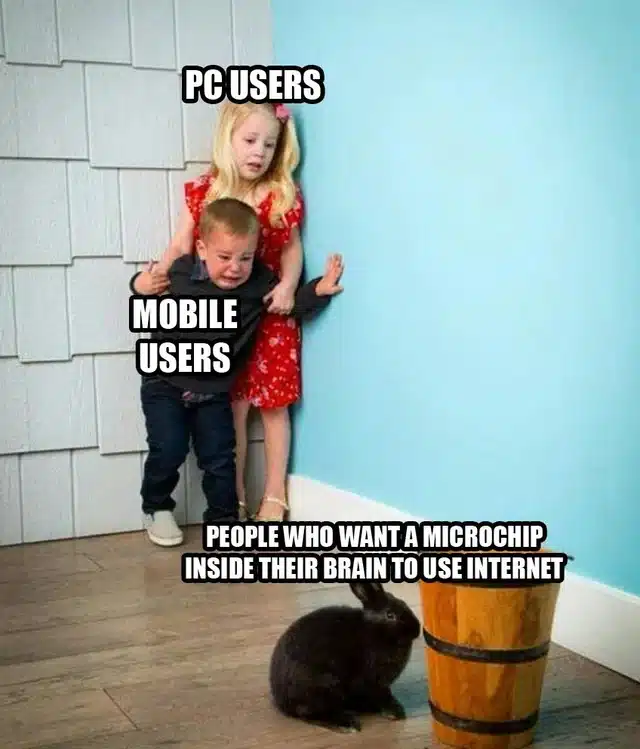
The image is a humorous meme portraying three tiers of technology users. At the top, there is a young girl labeled "PC USERS" standing calmly with her hands on her hips. Below her, a young boy is labeled "MOBILE USERS," and he is crouched down with an anguished expression, as if he is carrying the weight of the girl on his back. At the bottom of the image, there is a black rabbit next to a small wooden bucket, labeled "PEOPLE WHO WANT A MICROCHIP INSIDE THEIR BRAIN TO USE INTERNET," suggesting that this group is even more burdened or lower on the imaginary hierarchy than mobile users. The meme plays on the theme of technological evolution and preferences, humorously suggesting that each subsequent group has a more extreme approach to technology use. The text in the image says:
PC USERS
MOBILE USERS
PEOPLE WHO WANT A MICROCHIP INSIDE THEIR BRAIN TO USE INTERNET
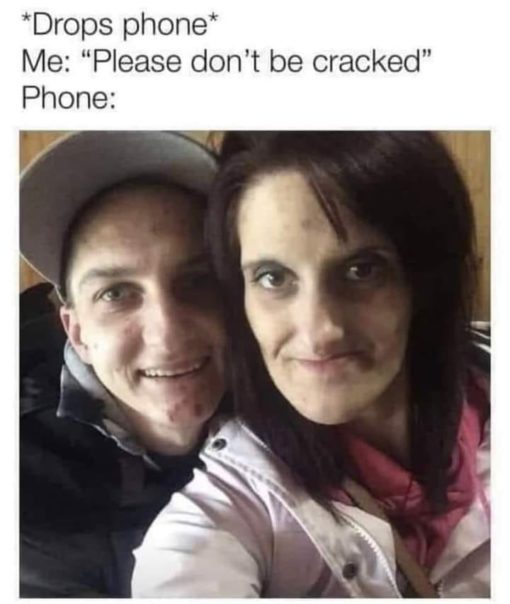
The image presented is a humorous meme that plays on a situation many smartphone users can relate to. At the top, there is a caption that says "*Drops phone* Me: 'Please don’t be cracked' Phone:". This sets the stage for a typical moment of dread that occurs just after someone accidentally drops their phone, expressing the silent plea we've all experienced, hoping the screen hasn't shattered.
Below the caption is a selfie of a smiling couple, with the woman closer to the camera and the man slightly behind her, both looking into the camera. The humor in the image stems from the woman's face, which appears to have distorted features - her eyes and mouth seem shifted from their usual positions as if the photo itself were 'cracked', mimicking a broken phone screen's appearance.
This creative twist in the imagery aligns with the punchline that follows the initial caption. Instead of showing a cracked phone screen, it personifies the phone responding to the owner's plea through a 'cracked' image of the people in the selfie, suggesting that the phone 'became' cracked as per the owner's worst fears.
The joke is effective because the image doesn't just tell the audience the phone is cracked; it shows the consequence in an unexpected and visually amusing way. Rather than harming the device, this depiction suggests that dropping the phone has caused a surreal and wonky alteration to reality itself, as seen in the distorted faces of the two people.
Finding comedy in everyday mishaps, the meme captures the near-universal experience of technology gone awry and the comical things that can happen with our digital devices. It presents a laughably exaggerated result of an otherwise mundane, if not frustrating, event — the common accident of dropping and cracking a delicate smartphone.
Finally, the humor also lies in the shared understanding that in our modern, connected lives, a smartphone's well-being can often feel as personal as our physical wellbeing, spotlighting our deep attachment to our devices. The exaggeration and personification here serve as a light-hearted commentary on our often too-serious relationship with technology. Drops phone Me Please don t be cracked Phone
